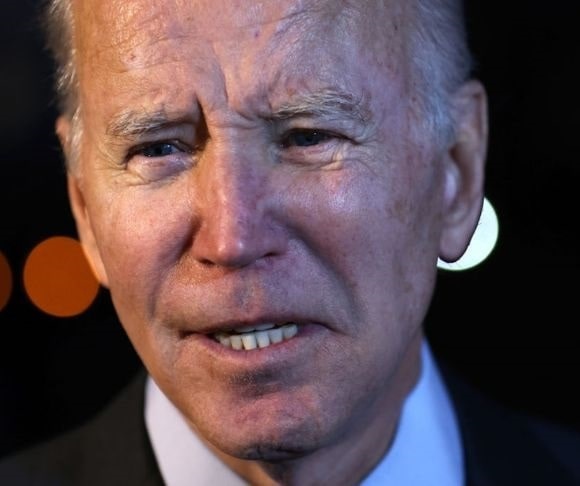A standard lesson the American people are taught from the Bidenomics textbook is rewarding work, not wealth. This has become President Joe Biden’s mantra since his 2020 election campaign. But while this might seem like a concept emanating from the TV cartoon Care Bears that makes you feel giddy inside – or perhaps the dangerous mind of Karl Marx – the philosophy is short on substance. Like everything else etched into the Biden economic doctrine, the phrase is devoid of any meaning other than serving as a bumper sticker on a progressive’s e-bike.
Bidenomics 101: All Work, No Wealth
 Here is a fundamental economics question: What is wealth? There are two things worth discussing before we start swallowing the meat and potatoes of the current administration’s lamentations. First, wealth is not money in your bank account but rather the amount and quality of goods and services that can be accessed at any given time. A billionaire residing in Venezuela or Zimbabwe vastly differs from a billionaire living in the United States or Switzerland. Second, there is general confusion between money and wealth, which critics often say is interchangeable. But money is a tool. When you have an accrued amount of this tool, it can be used for consumption or investment purposes.
Here is a fundamental economics question: What is wealth? There are two things worth discussing before we start swallowing the meat and potatoes of the current administration’s lamentations. First, wealth is not money in your bank account but rather the amount and quality of goods and services that can be accessed at any given time. A billionaire residing in Venezuela or Zimbabwe vastly differs from a billionaire living in the United States or Switzerland. Second, there is general confusion between money and wealth, which critics often say is interchangeable. But money is a tool. When you have an accrued amount of this tool, it can be used for consumption or investment purposes.
For the sake of clarity and spotlighting the US regime’s fallacies, we will forgo the economics 101 intricacies and follow the Bidenomics 101 line of thinking.
“President Biden’s vision for this country involves building an economy that rewards work, not wealth,” the White House tweeted on Jan. 29. However, as the president typically utters in unscripted remarks, here’s the deal. Work will generally be rewarded with wealth and wealth will lead to work.
When you sell your labor to a business that demands your human capital, you are rewarded with a metric of wealth: a steady paycheck. The longer you are employed, and the more skills you obtain, the demand for your labor will inevitably increase. When this happens, you can negotiate better pay with your current or future employer, meaning that your wealth will grow over time. In addition, when you live within your means, you can maintain these earnings and add them to your net worth. Unfortunately, it is the government and the Federal Reserve that erode your fortune through perpetual taxation, egregious regulation, and erosion of purchasing power.

(Photo by Jakub Porzycki/NurPhoto via Getty Images)
Wealth – something that has become a dirty word in today’s society – provides multiple components to a prosperous society because it enables a thriving corporation or affluent entrepreneur to invest. Capital builds the factories, hires workers, and funds paychecks. This by-product of a capitalist economic landscape will foster an environment of work.
It is also worth pointing out that wealth can work in other indirect ways. First, many rich people will use their money to buy stock, which is issued by companies to invest in their businesses, whether it is to expand operations or hire employees. Second, whenever someone deposits cash into a savings account, banks will use this money to extend loans to clients that will be used for business-related purposes, which is why interest is given to depositors. (Yes, there can be a debate over fractional reserve lending, but this is the reality of the banking system.) While debt-fueled consumption is not necessarily positive for growing and sustaining an economy, buying goods and services with savings can also produce wealth.
Why Not Reward Work and Wealth?
Since these components are crucial to the advancement of an economy, why not reward work and wealth? In fact, the rewards for both are the same: slash taxes, reduce red tape, and ensure a nation’s currency maintains its purchasing power. Instead, the current generation of public policymaking tends to punish everything and everyone, even if the politicians intend to support work over wealth, no matter how ridiculous this sounds to anyone with a modicum of economic knowledge.




